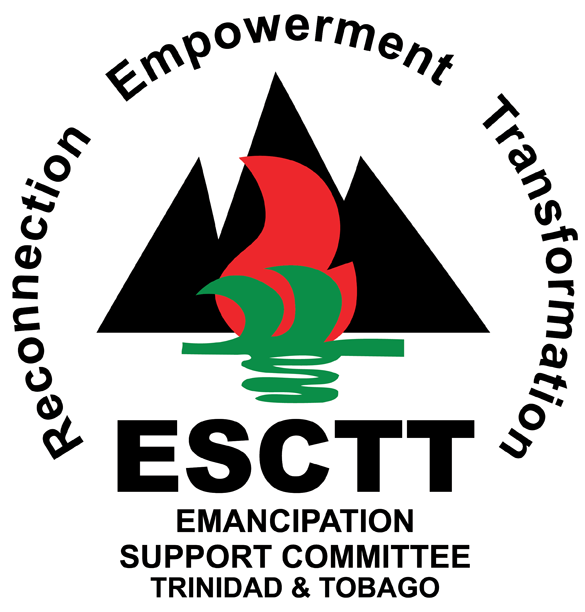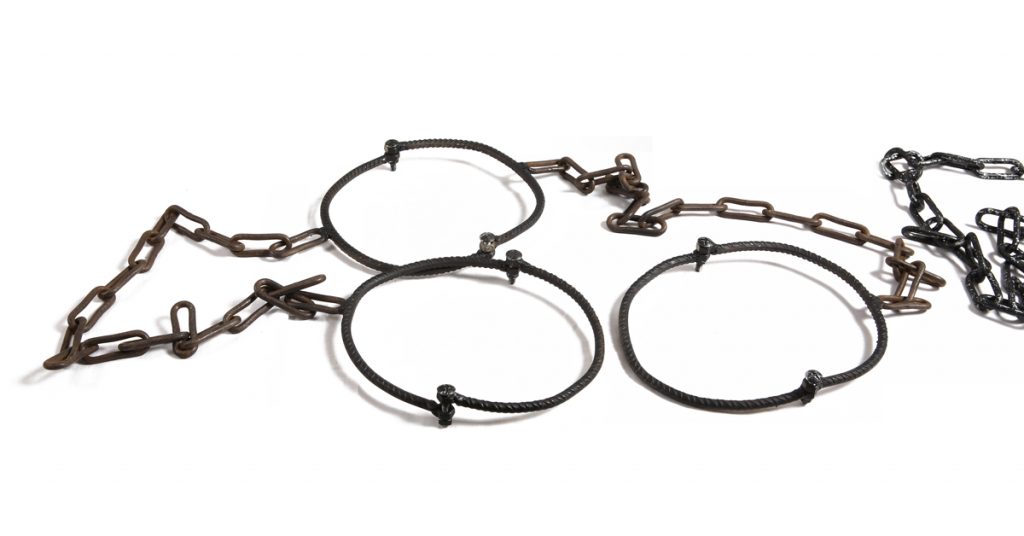The Context of the Reparations Struggle
Haitians liberated themselves from chattel slavery and won their freedom on the battlefield. Haiti’s independence, formally declared on January 1, 1804, was no compromise. However that hard won independence was compromised over time by many forces: the economic and political isolation of the war-devastated country, betrayals by those whom it assisted, internal divisions which were exploited by its powerful enemies, foreign interference and impositions. Ironically the worst imposition in the 19th century was when Haiti was forced to pay reparations to France. The US invasion and occupation in the early 20th Century destroyed what was left of the country’s independence, except the unconquerable will of its people.
In other territories in the Americas, the fears aroused in the colonizing powers by the successful Haitian revolution, combined with our own long and bitter struggles, led to emancipation but not on our own terms. David Cameron’s ancestors got compensation but not ours. Instead our forebears were entrapped in economic arrangements that served the former enslavers’ interests, handicapped by imposed social barriers with the force of law and subjected to multi-faceted assaults on our sense of self in order to keep us mentally shackled.
Continuing Impacts of Chattel Slavery
175 years later in the case of the English-speaking Caribbean and shorter periods in the case of the French, Spanish, Dutch, Portugese and Danish “New World” territories, we, the living descendants of those who endured centuries of brutal enslavement, face essentially the same challenges. Some of us still live in colonies, called by different names. Even those of us who live in legally independent states, despite all the economic and political changes that have taken place, despite all the changes in the way oppression presents itself, the fundamental character of our economic and social condition bears strong resemblance to the immediate post-emancipation period.
Both in Africa and its Diaspora, we are on the margins of our country’s economic engines, which are still controlled and driven from the outside by the forces that enslaved us. We are disproportionately represented at the bottom rungs of the social ladder, while a minority from among us, who by aspiration and means see themselves in the ranks of the elites, have only a tentative foothold in a class where they encounter disrespect.
An even more pertinent reality for the conduct of our reparations struggle it that at a psychological level, it could be argued that we are worse off. One symptom is that we find increasing numbers of our people engaged in skin-lightening and there are many other self-denigrating practices and behavioural patterns.
Emancipation is therefore unfinished business. The struggle for reparations, a struggle directed both outwardly and inwardly, is the struggle to complete that process.
Nature of the Reparations Demand
When we demand reparations from the descendants of those responsible for chattel slavery and the Transatlantic Slave Trade, the outward directed struggle, we are demanding the transfer of material resources to compensate for damages inflicted on our ancestors over centuries of inhuman exploitation, resources to enable us to counter the economic and social imbalances that have evolved from that period and to repair the continuing effects of trauma – trauma that is not only untreated, but largely unacknowledged, denied or unrecognized by its victims, and reenforced by modern day mind control mechanisms.
While we demand material payments from those who benefitted and continue to benefit from the Trans- Atlantic slave trade and chattel slavery, in an amount proportionate to the enormity of the crime and its effects, we are clear that the strategies and tasks to be implemented for our psychological and spiritual repair and economic empowerment are our own responsibility.
Part 2 Next Week – The Importance of Self-Repair

